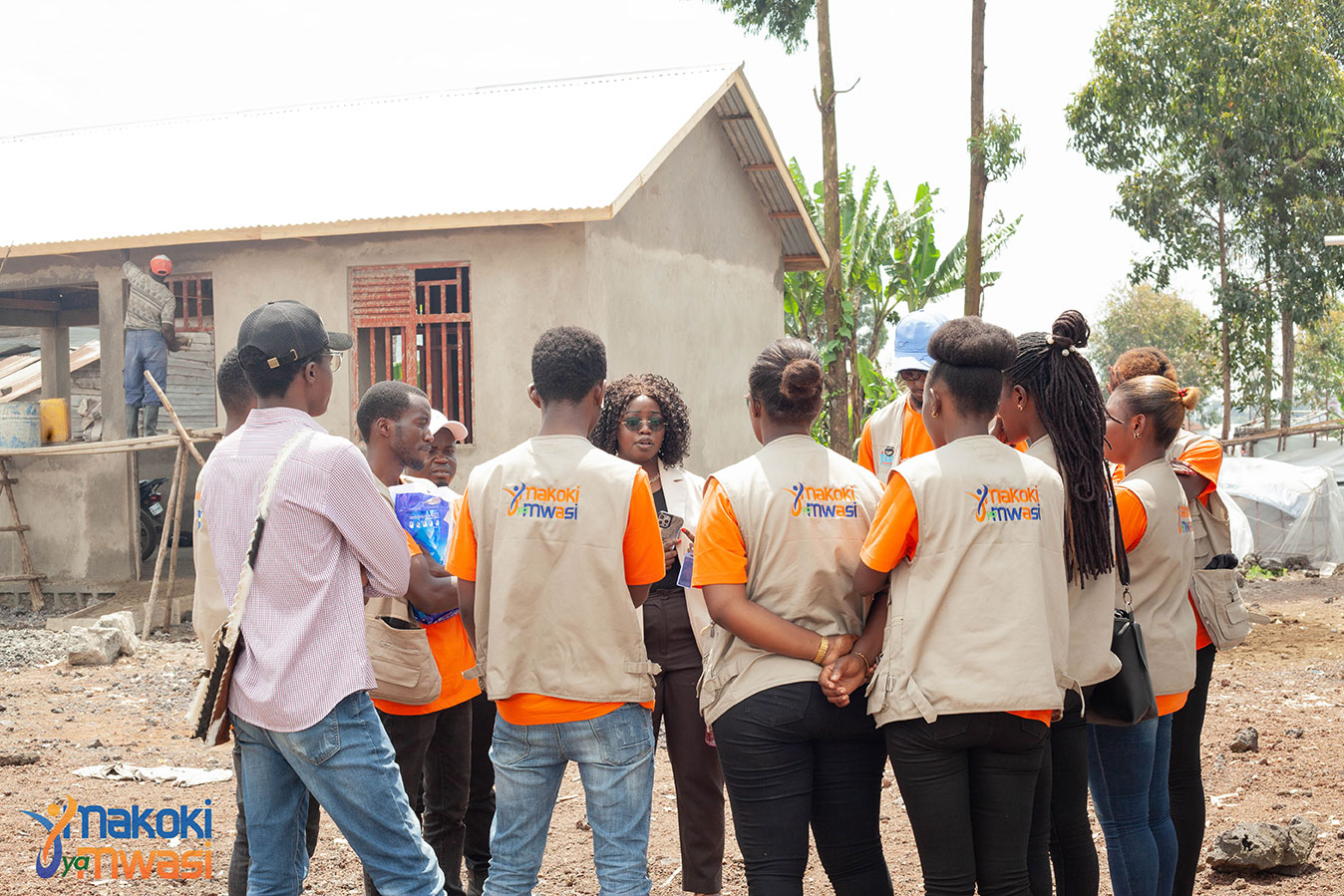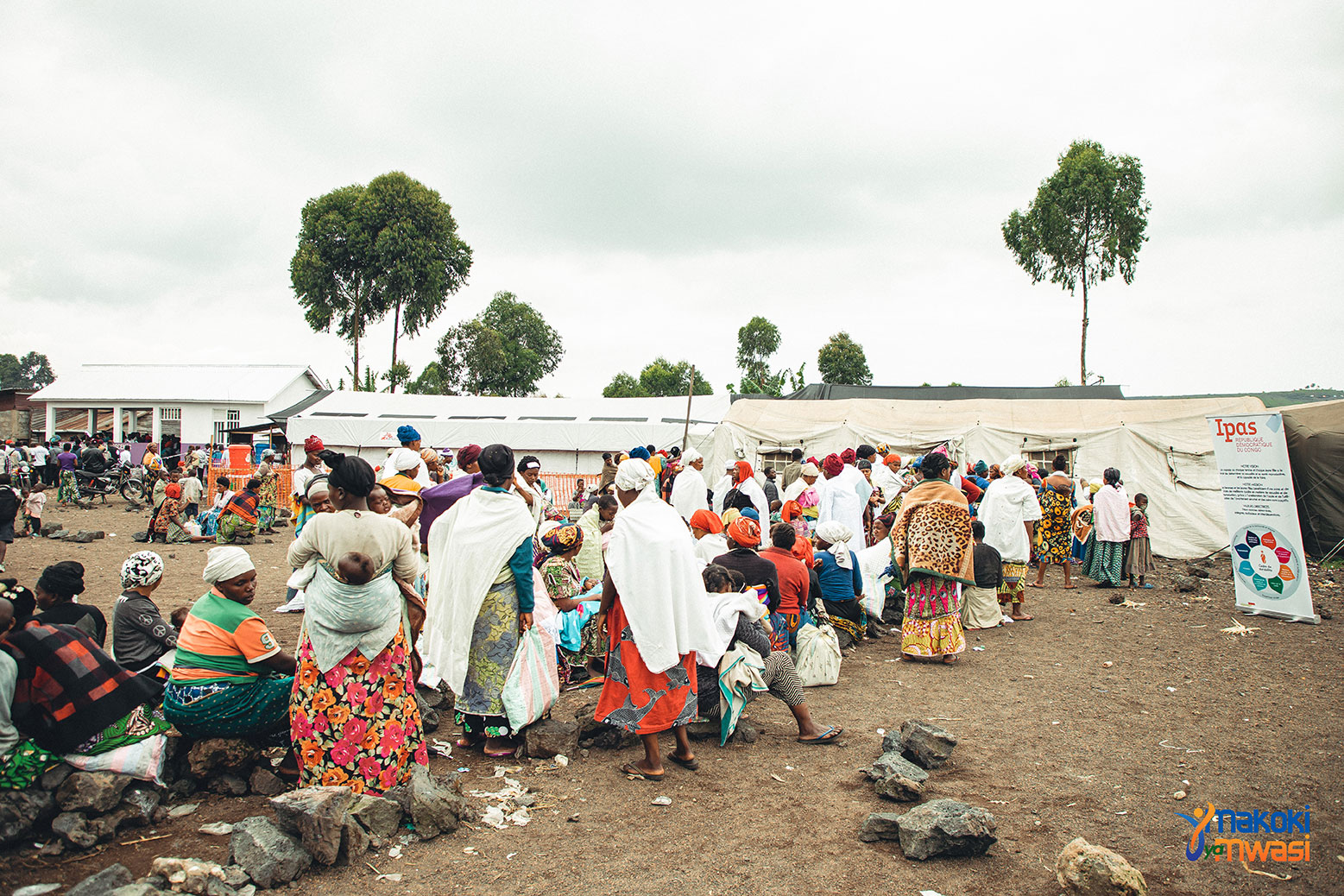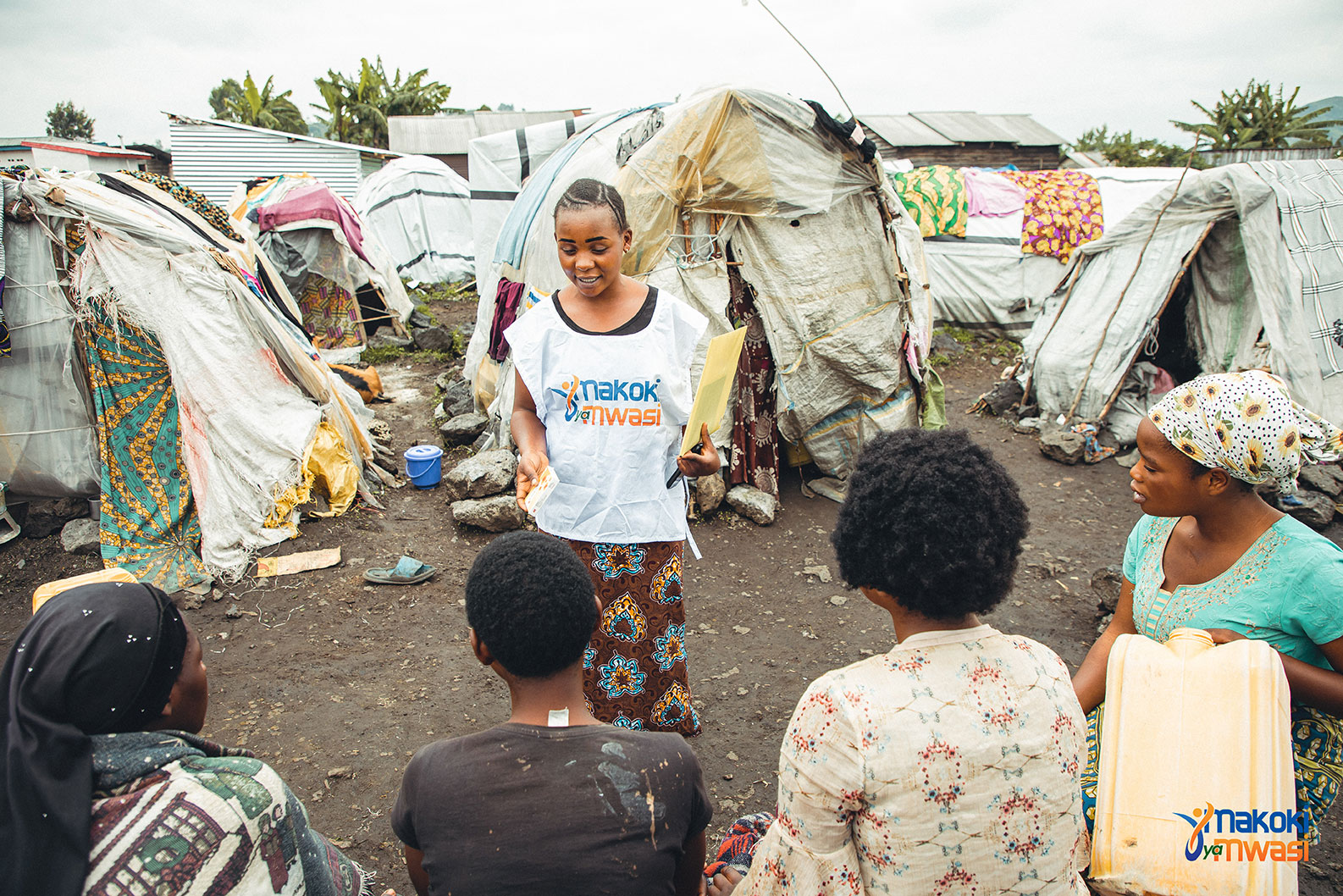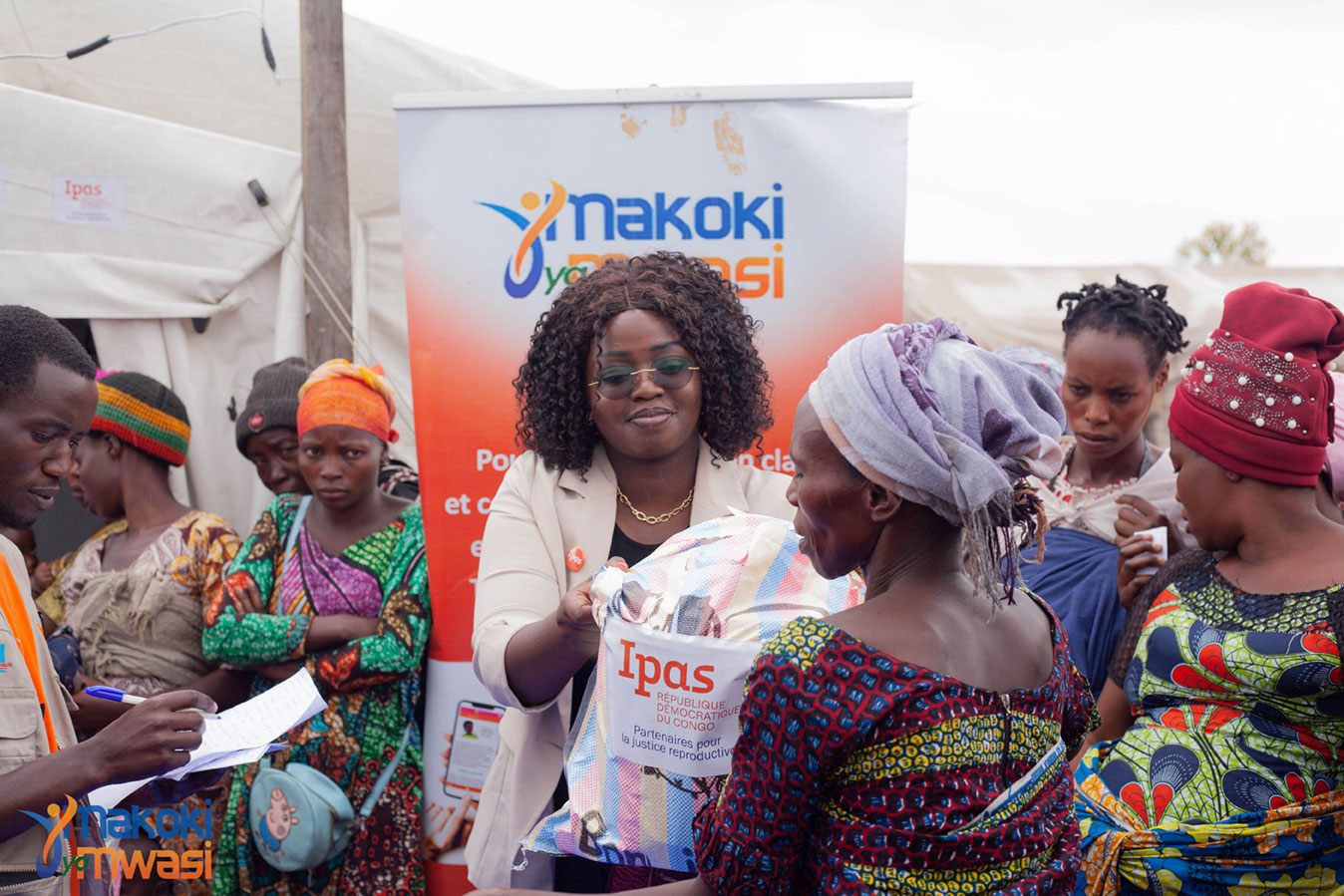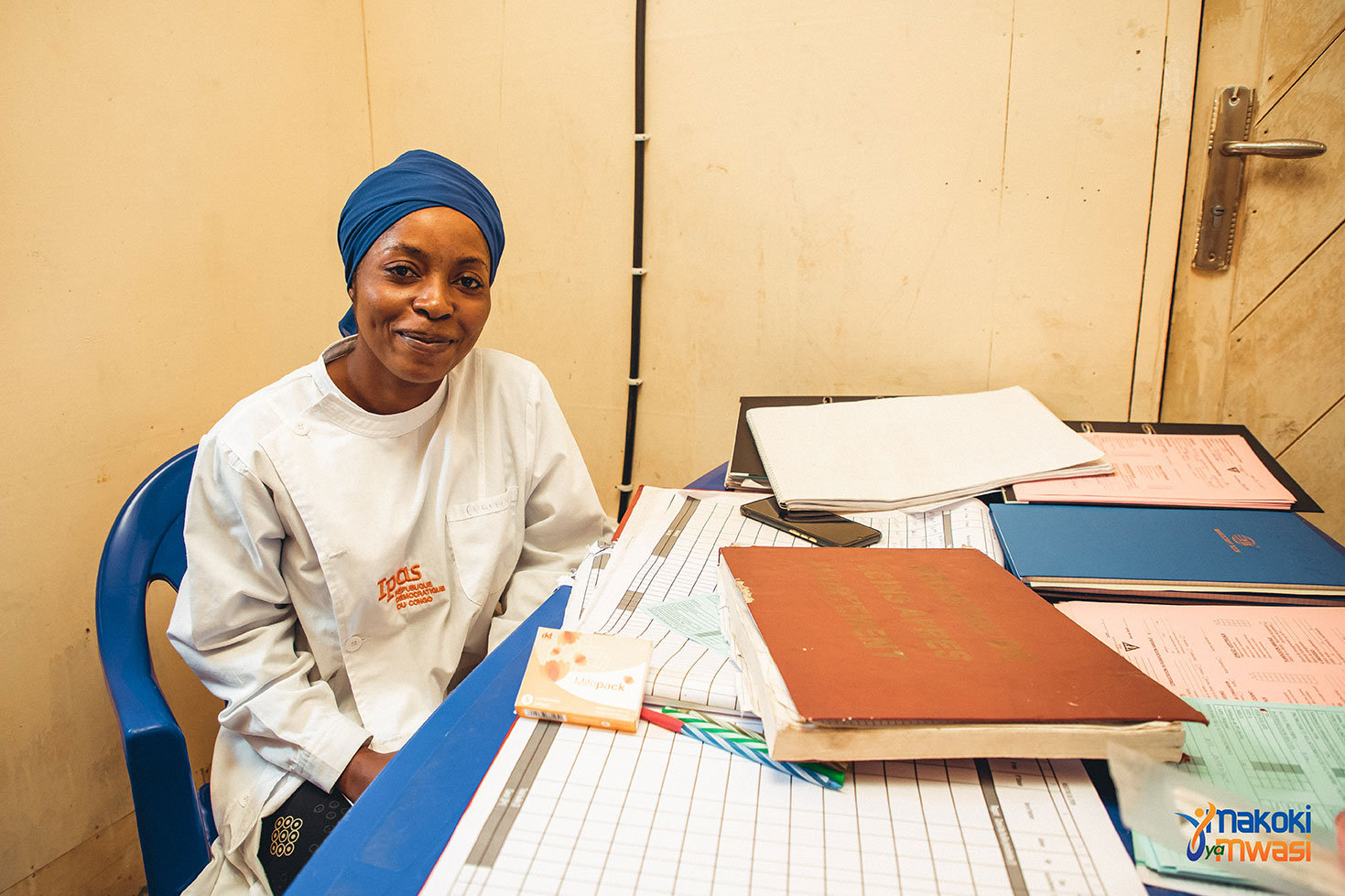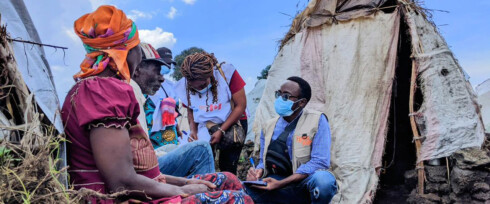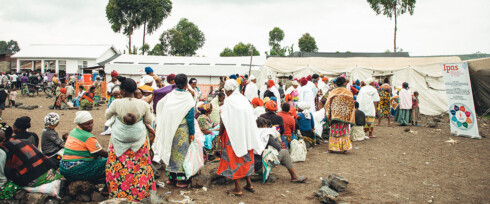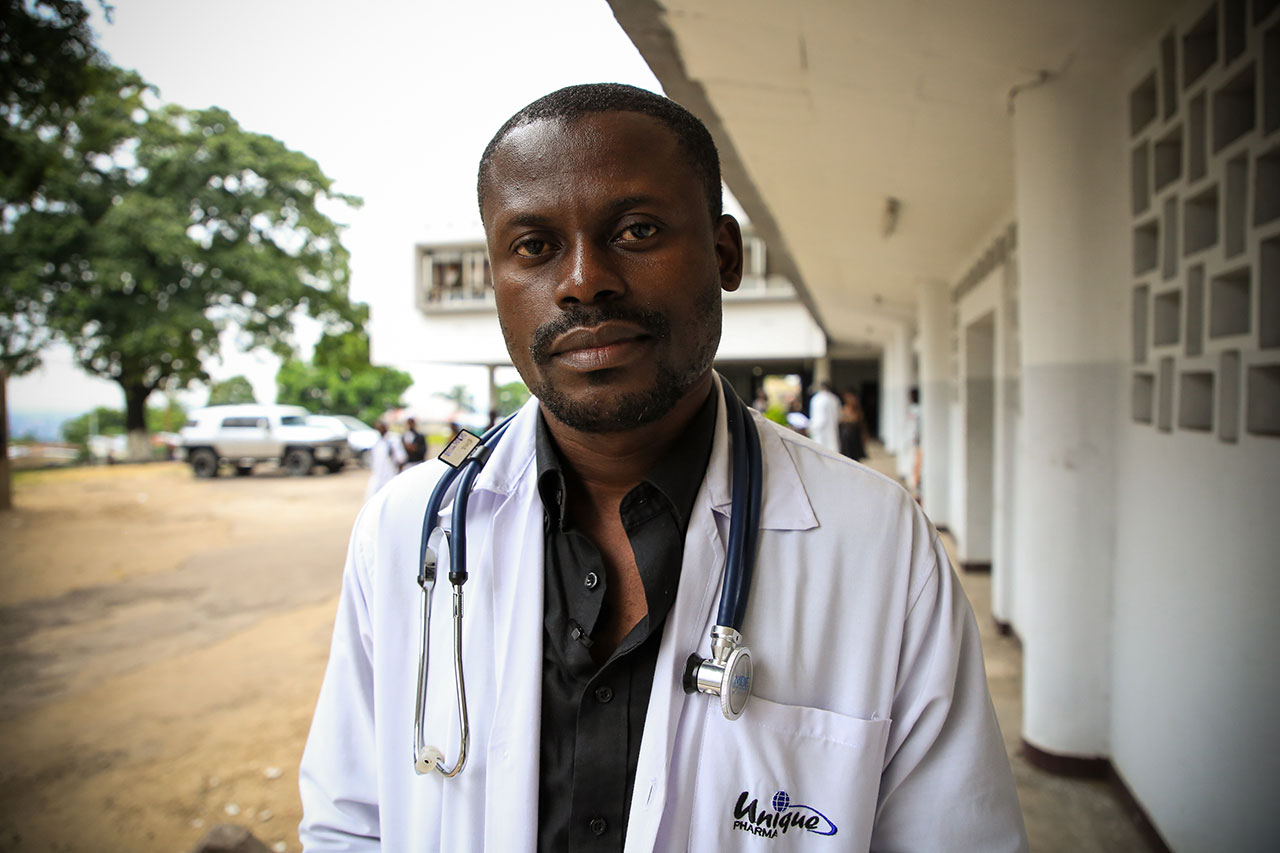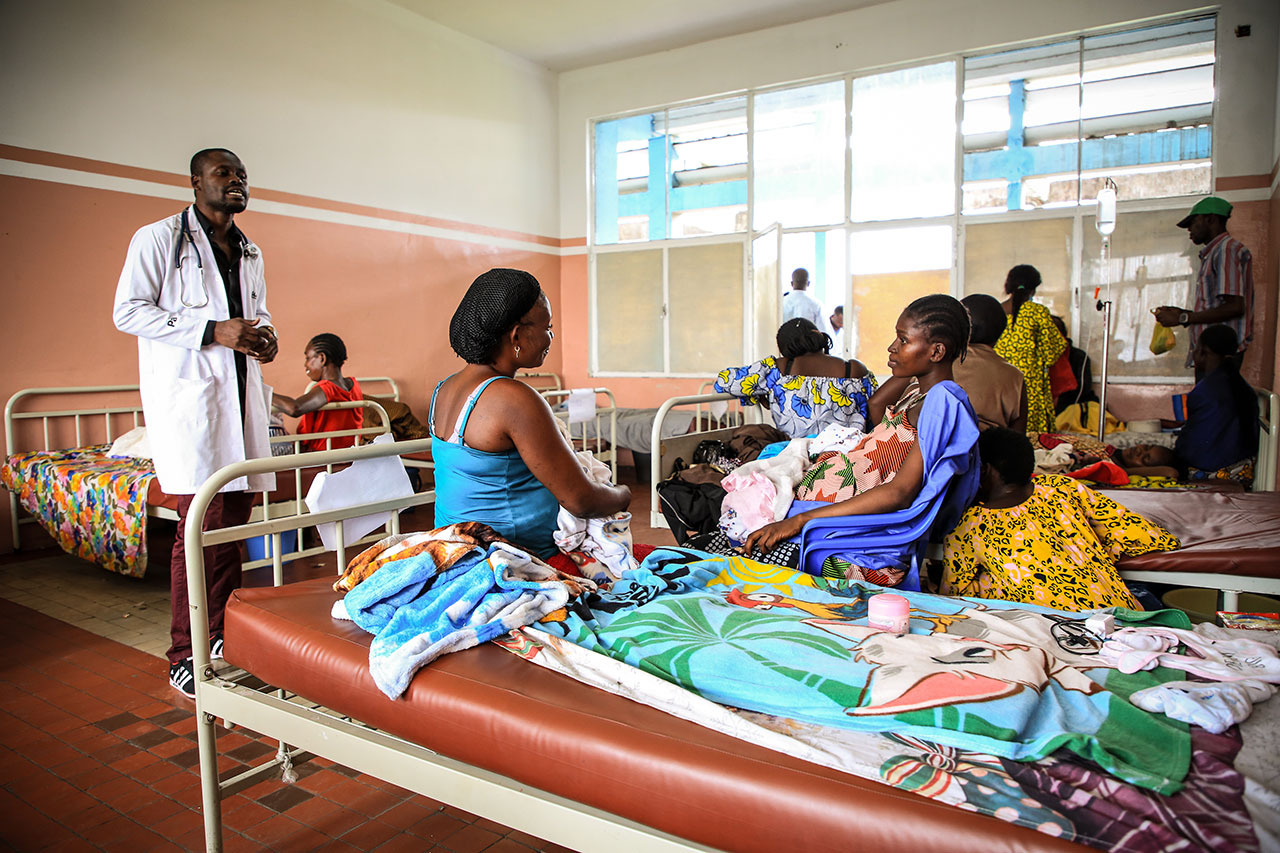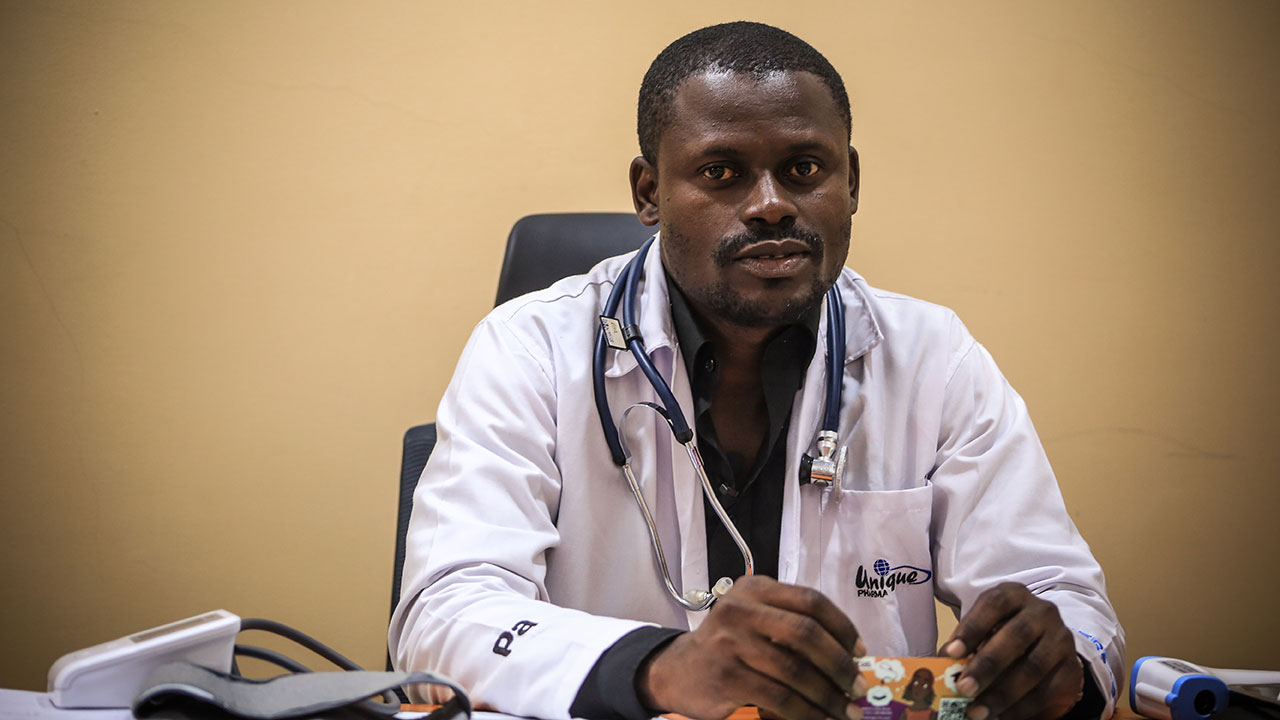Democratic Republic of Congo
Decades of armed conflict, economic unrest and public health crises in the Democratic Republic of Congo (DRC) have displaced more than six million people within the country and forced one million to flee as refugees. Adding to the humanitarian crisis, DRC hosts over 500,000 refugees and asylum-seekers from neighboring countries.
Since 2022, a surge in armed conflict has accelerated the displacement of people fleeing terrible fighting. Sexual violence against women and girls is rampant, driving many to seek abortion with unsafe methods, which in turn is causing high rates of death and injury. Access to sexual and reproductive health care—including abortion and contraception—is almost nonexistent in many of the camps for displaced people, but Ipas DRC is working with local partners to meet the overwhelming need.
Mobile clinics and youth volunteers form a powerful partnership
Ipas has teamed up with local partners and government to establish mobile health clinics in camps for people displaced by fighting. These one-stop health centers offer treatment for sexual violence and sexually transmitted infections, abortion care and contraception—and a youth-led network of Ipas-trained community outreach volunteers works to educate people on where to access care. In addition, Ipas DRC:
- Donates abortion medications and equipment to clinics serving displaced people
- Trains health workers on how to provide abortion care
- Trains pharmacists to provide abortion pills and information on how to safely use them
“We’re not just here to provide information on sexual and reproductive health rights, we’re here to listen to these women and girls who were silenced and had no one who could understand them.”
Patient Rwamigabo, member of the Ipas-trained Masujaa Network of health outreach volunteers
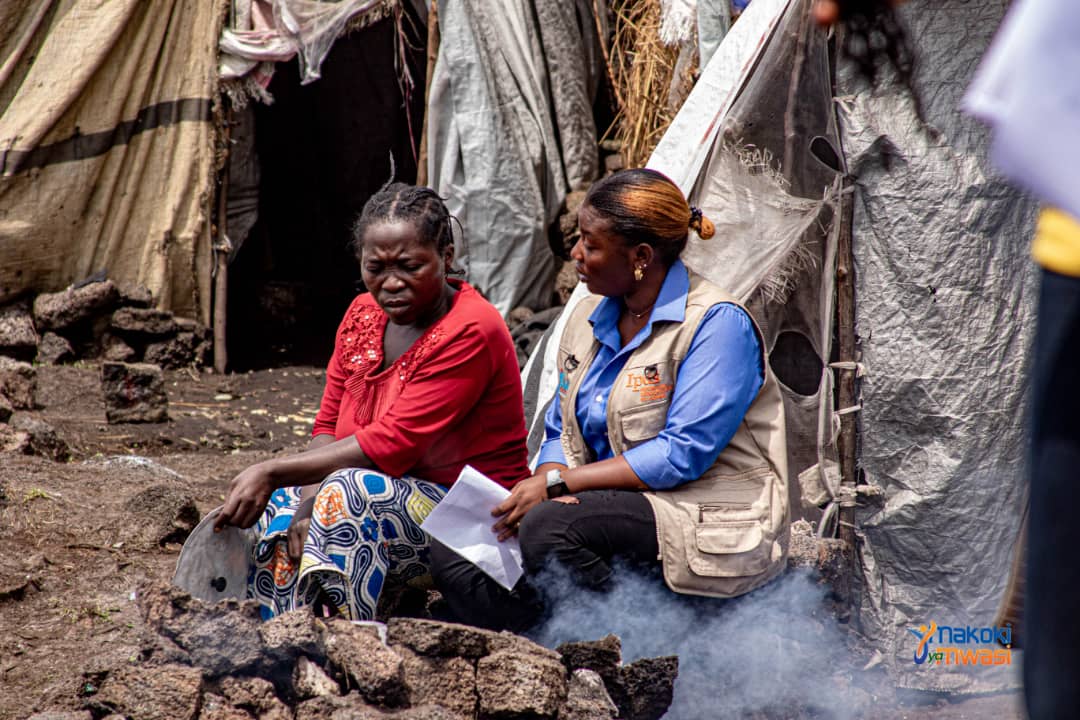
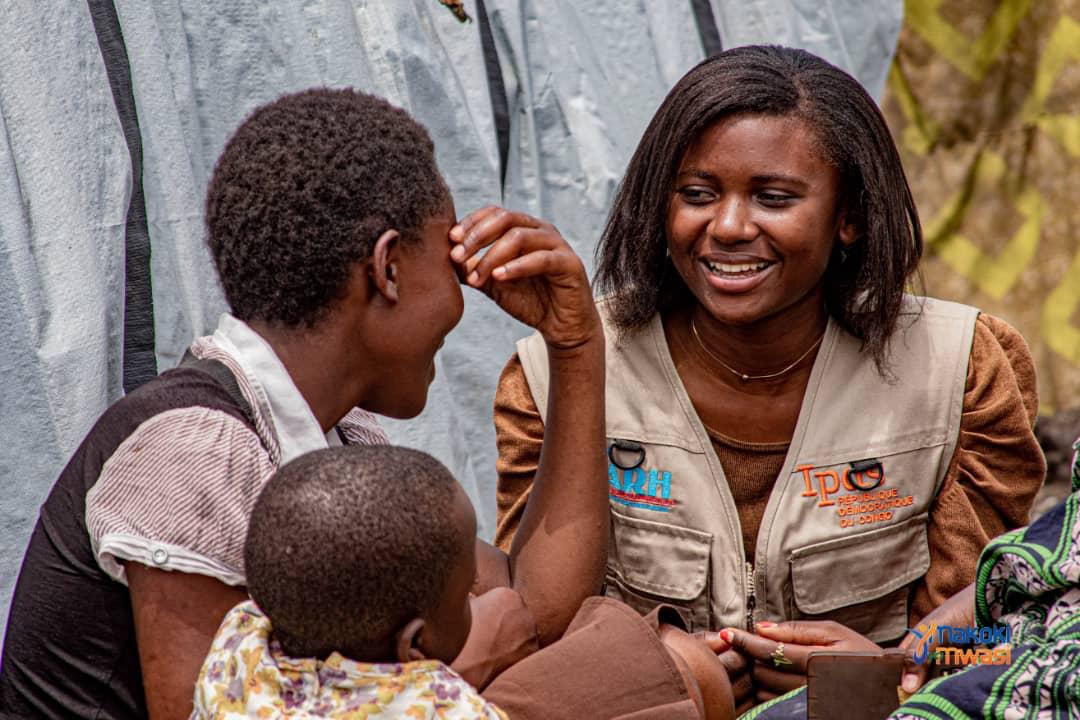
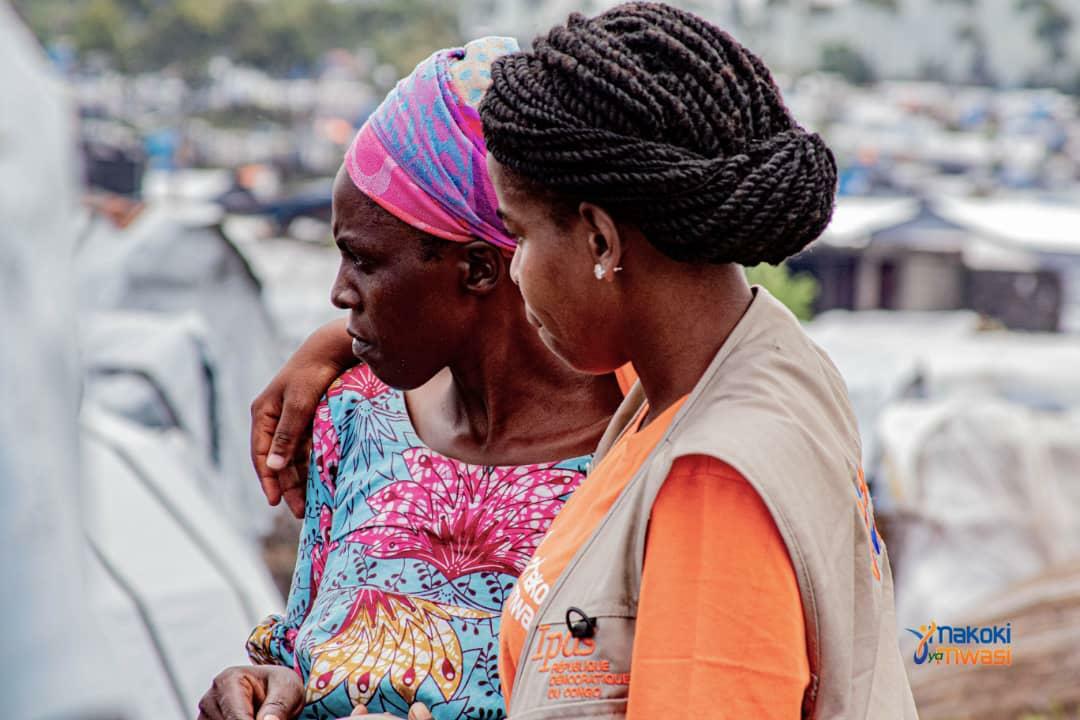
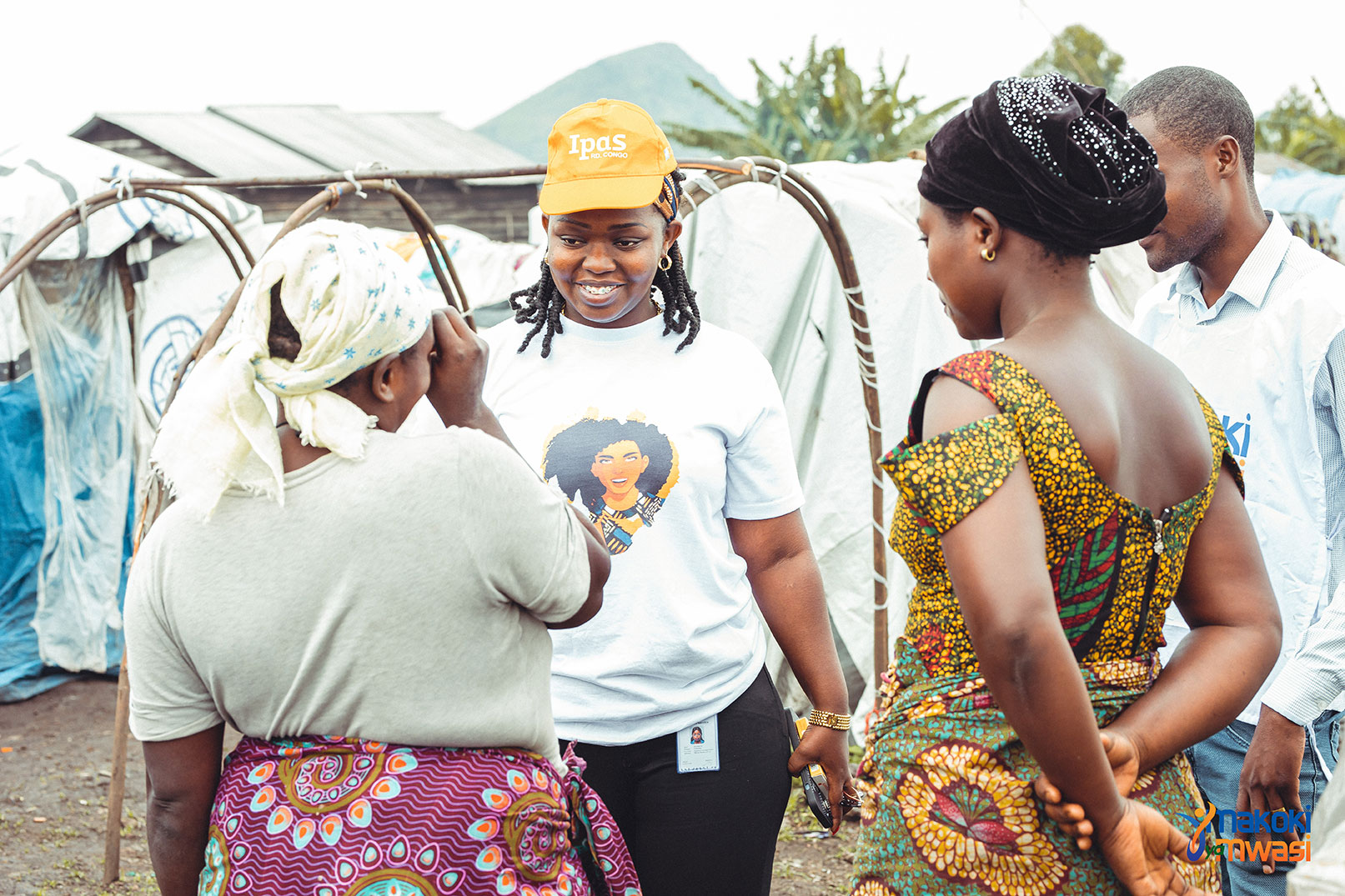
“People around the world need to know what’s happening. Ever since I was born, the war has been here. We’ve never had peace, and women are the ones carrying the burden. Sexual violence is used as a weapon of war.”
Dr. Celestine Buyibuyi, community engagement advisor for Ipas Democratic Republic of Congo
Battling abortion stigma and a lack of information
Every day, Ipas DRC staff see that women are too scared to seek abortion care, even though it’s legal. Powerful abortion stigma and lack of information about the country’s abortion law cause women to fear they’ll be arrested or rejected by their own family and friends if they seek care. And those who could help—health workers who could provide care, pharmacists who could provide abortion pills, and even male partners who could support women seeking care—often refuse because of similar fears.
Ipas is fighting this misinformation and stigma by spreading the word about why abortion access matters and where people can get the care they need. We’re teaching men how important it is for them to support women’s reproductive health decisions. And we’re showing health workers and community members that abortion is safe, legal, and saves lives.
It’s often said that the provision of abortion in crisis settings is not logistically possible or effective, but that is not the case, says Dr. Jean-Claude Mulunda, director of Ipas DRC. “When the right information and services are made available, women and girls in such settings can absolutely have safe abortion care.”
Photography by Ley Uwera for Ipas
Photography by Ley Uwera for Ipas

Ipas gratefully acknowledges the support of Canada’s Department of Foreign Affairs, Trade and Development in the collection of these stories.
Every crisis is different. Our varied solutions recognize that.
Through a variety of different programs and approaches, we’re proving that reproductive health care can be made accessible during an acute crisis and in the years that follow.
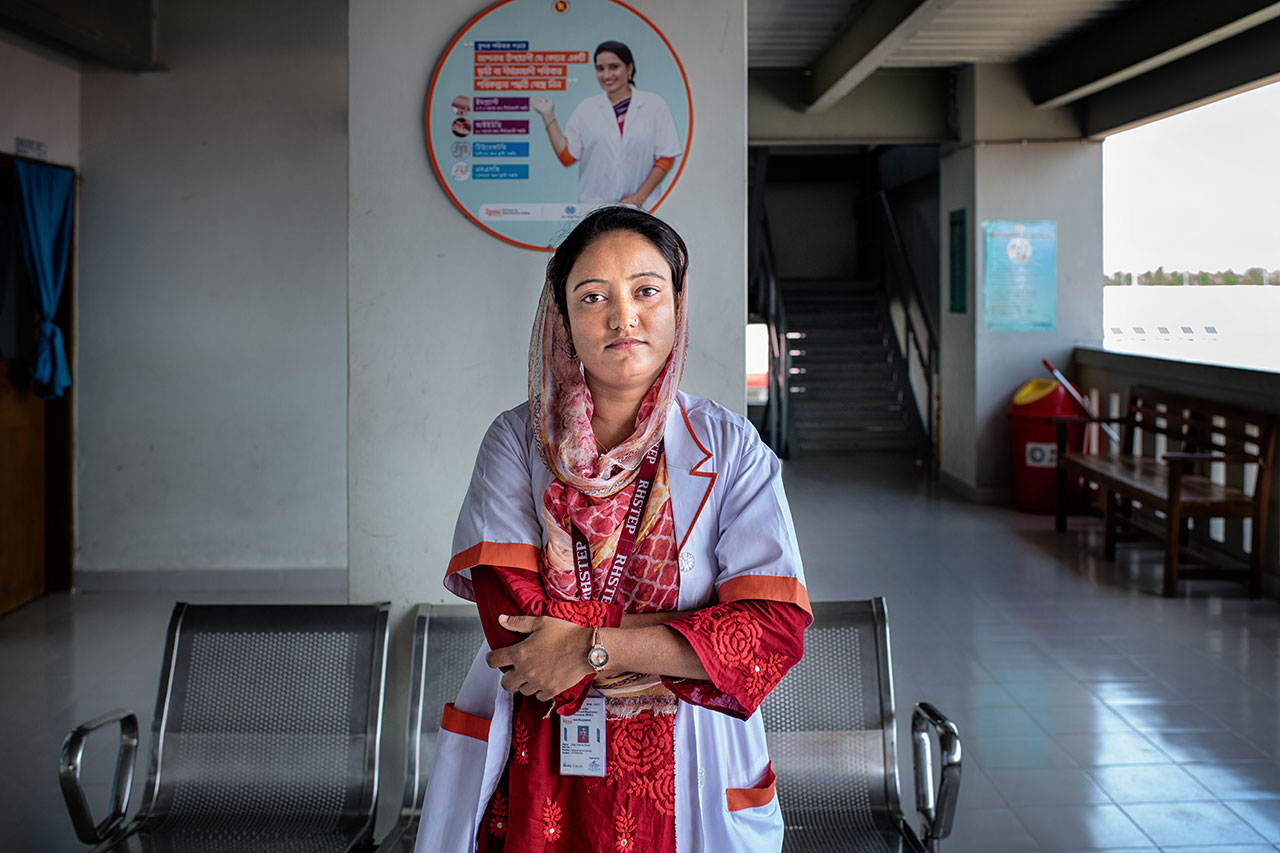
Bangladesh
Training health workers in Rohingya refugee camps
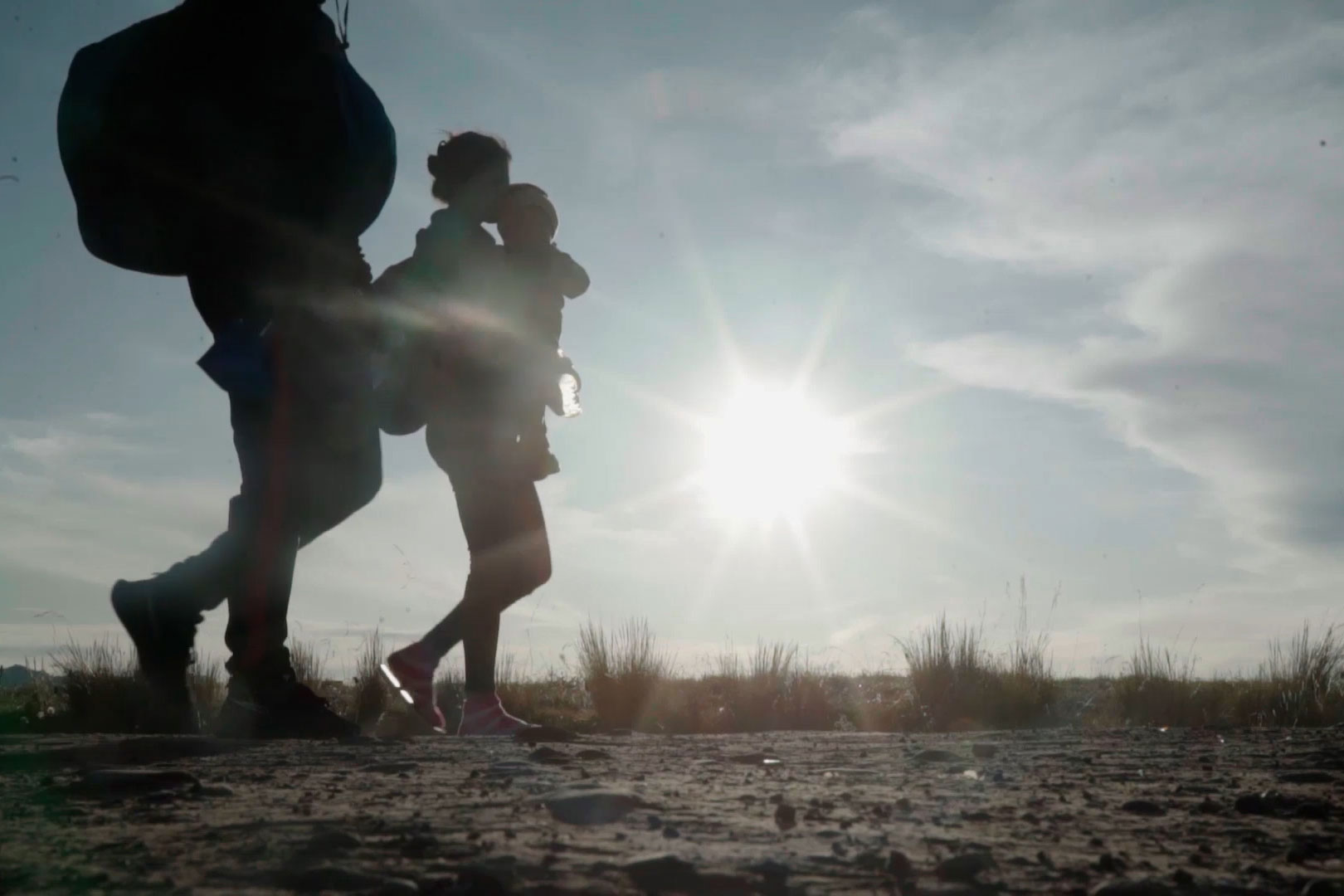
Bolivia
Providing health information and care to Venezuelan migrants
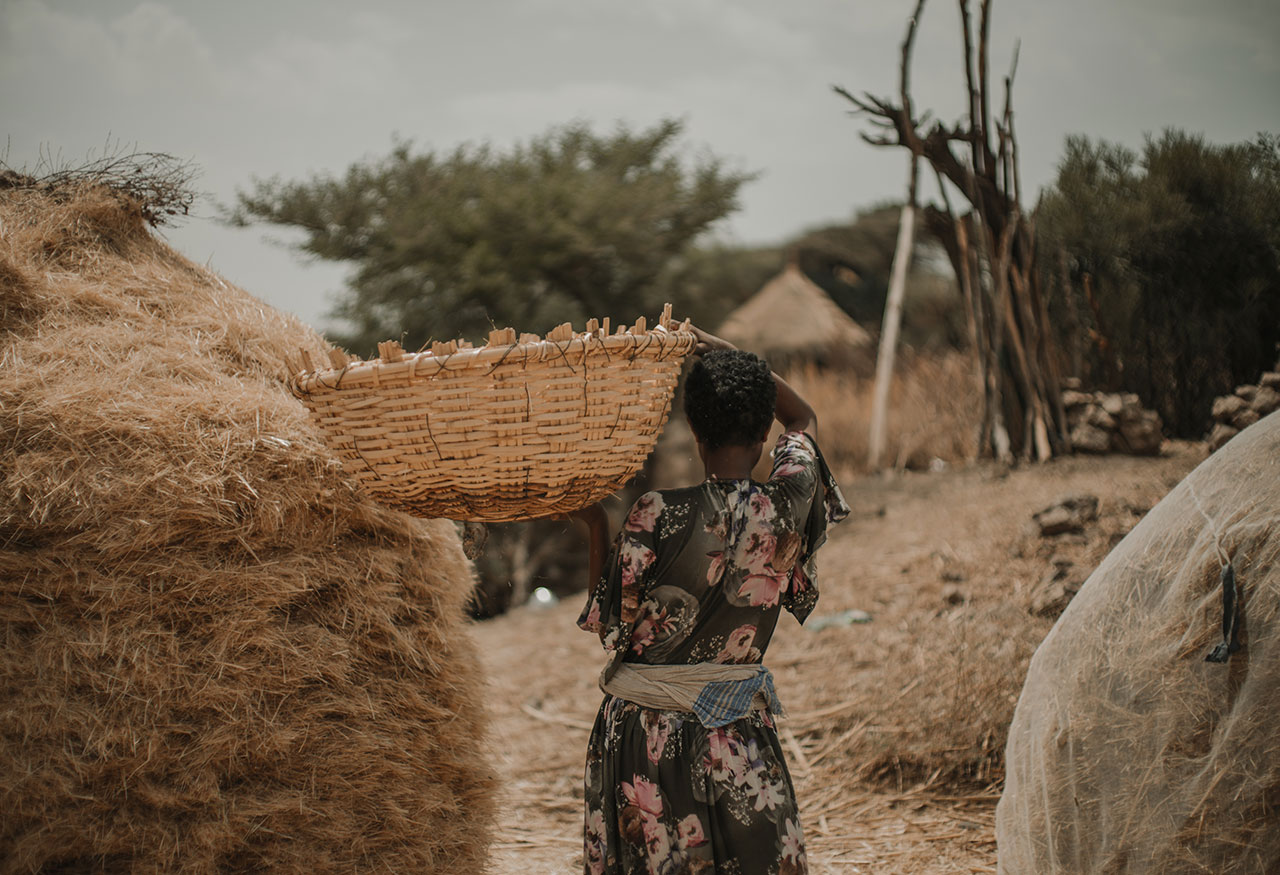
Ethiopia
Partnering with community groups and health workers during civil war
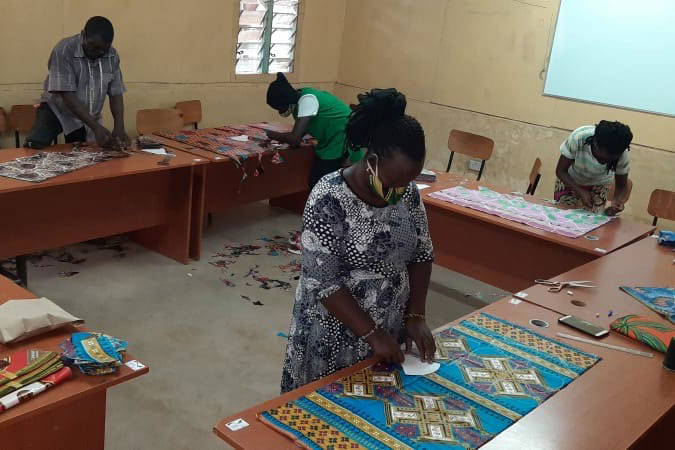
Kenya
Partnering with refugees to protect against COVID and ensure health-care access
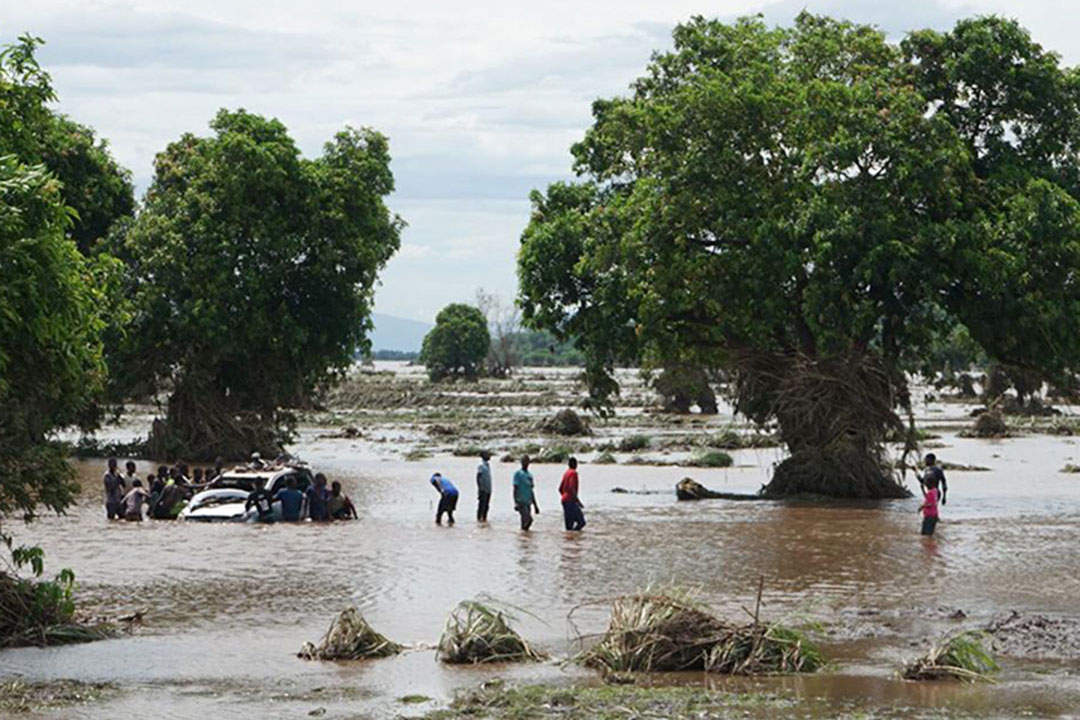
Malawi, Mozambique and Zambia
Coordinating a response after cyclones and flooding


